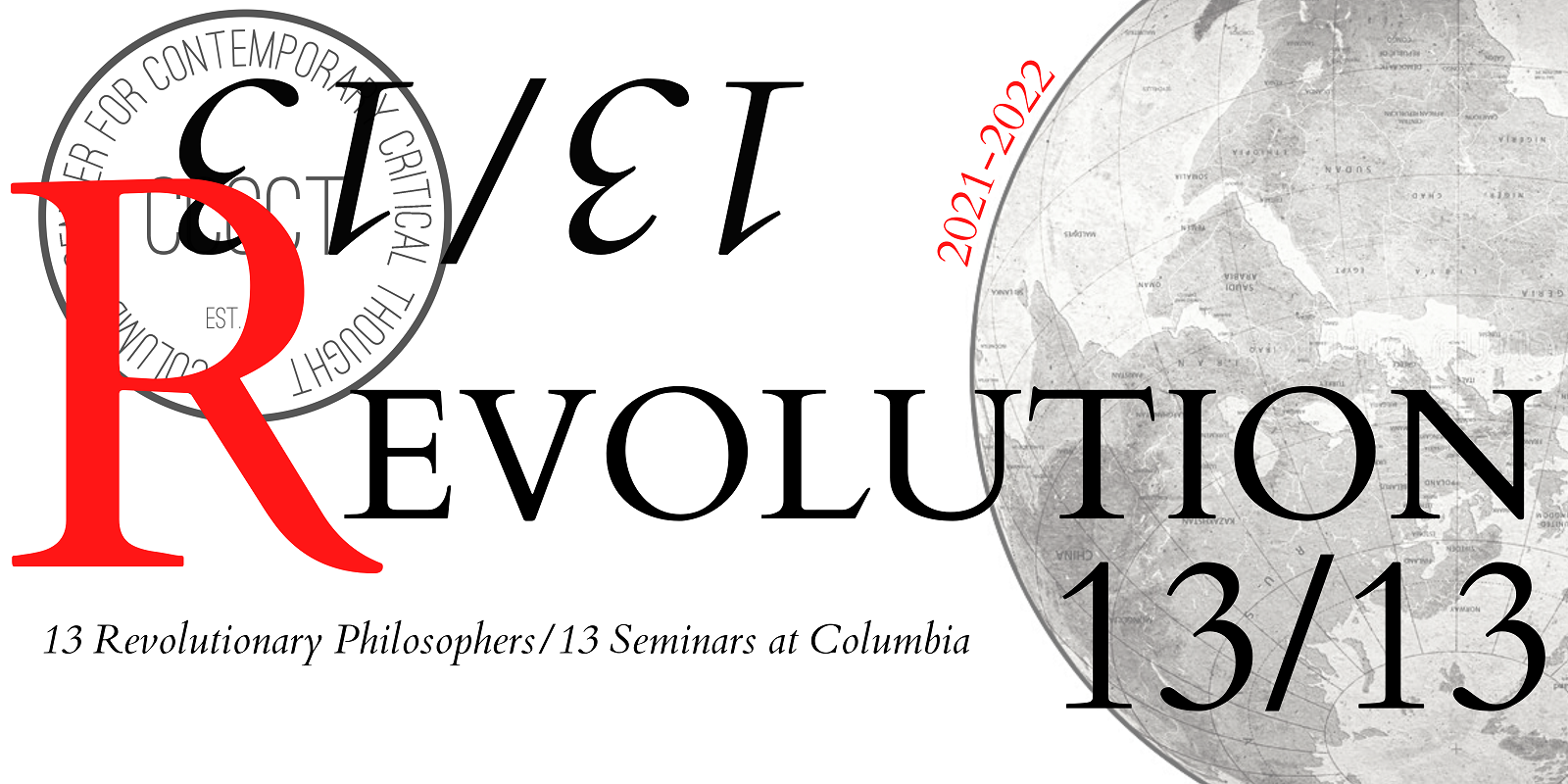By Sarah Haley
Feminist critique has been pivotal to anticarceral thought and activism since at least the 19th Century. As a history of that period, No Mercy Here was intended to offer a long form example of the violence of carceral gendering (and normative gender more broadly); to demonstrate the centrality of racialized gender to the foundations of the carceral state; and to excavate early histories of abolitionist feminism. Dynamic and burgeoning studies of abolitionist feminism reveal its many forms from recalcitrance to resistance to rebellion; the theoretical contributions of abolitionist feminism have inflected art and activism in countless ways, many of which are subtle and unacknowledged. Abolitionist feminism has uniquely elaborated the gendered and antiblack character of American regimes of containment, extraction, repression, and brutalization. And, like other Black radical knowledge genres, abolitionist feminism has been subject to both appropriation and marginalization. This conversation considers abolitionist feminism’s rich genealogy and the urgency of ongoing challenges to liberal feminism, especially in cases in which liberal feminism operates under the guise of abolition.
One of the defining features of abolitionist feminism is a refusal of reform that entrenches the carceral state, reproduces carceral gendering, and demobilizes movements for the eradication of cages; this has been easier said than done, however abolitionist feminism as both theory and practice embraces radical planning and grounded scheming while rejecting expediency as a primary impetus for the creation of frameworks and demands. Such refusal applies to feminist projects that universalize carceral suffering, entrench conservative and exclusionary ideals of protection, and identify violence as carceral excess rather than intrinsic to imprisonment. Abolitionist feminism has deeply elucidated racialized gender, gender and sexual normativity, carceral capitalism, social reproduction, cultures of rebellion, and more. Abolitionist feminists might be considered what Hazel Carry calls “treason workers,” philosophers and organizers both critical to, and in tension with, certain constructions of the Black radical tradition and feminist movements. Ongoing scholarship elucidates the shared political insistences and contested theories of the future offered by Black feminist abolitionists including Angela Davis, Marsha P. Johnson, Bessie Smith, Mattie Mae Thomas, Hattie Bishop, Saidiya Hartman, Korryn Gaines, Andrea Ritchie, Gina Dent, Dessie Woods, Dayo Gore, Christina Sharpe, Dorothy Roberts, Barbara Ransby, Charlene Carruthers, Alisa Bierria, CeCe McDonald, Marisa Alexander, Katherine McKittrick, Cathy Cohen, Rachel Herzing, Ruth Wilson Gilmore, Robyn Maynard, Romarilyn Ralston, Mariame Kaba, Beth Richie, and Assata Shakur.
